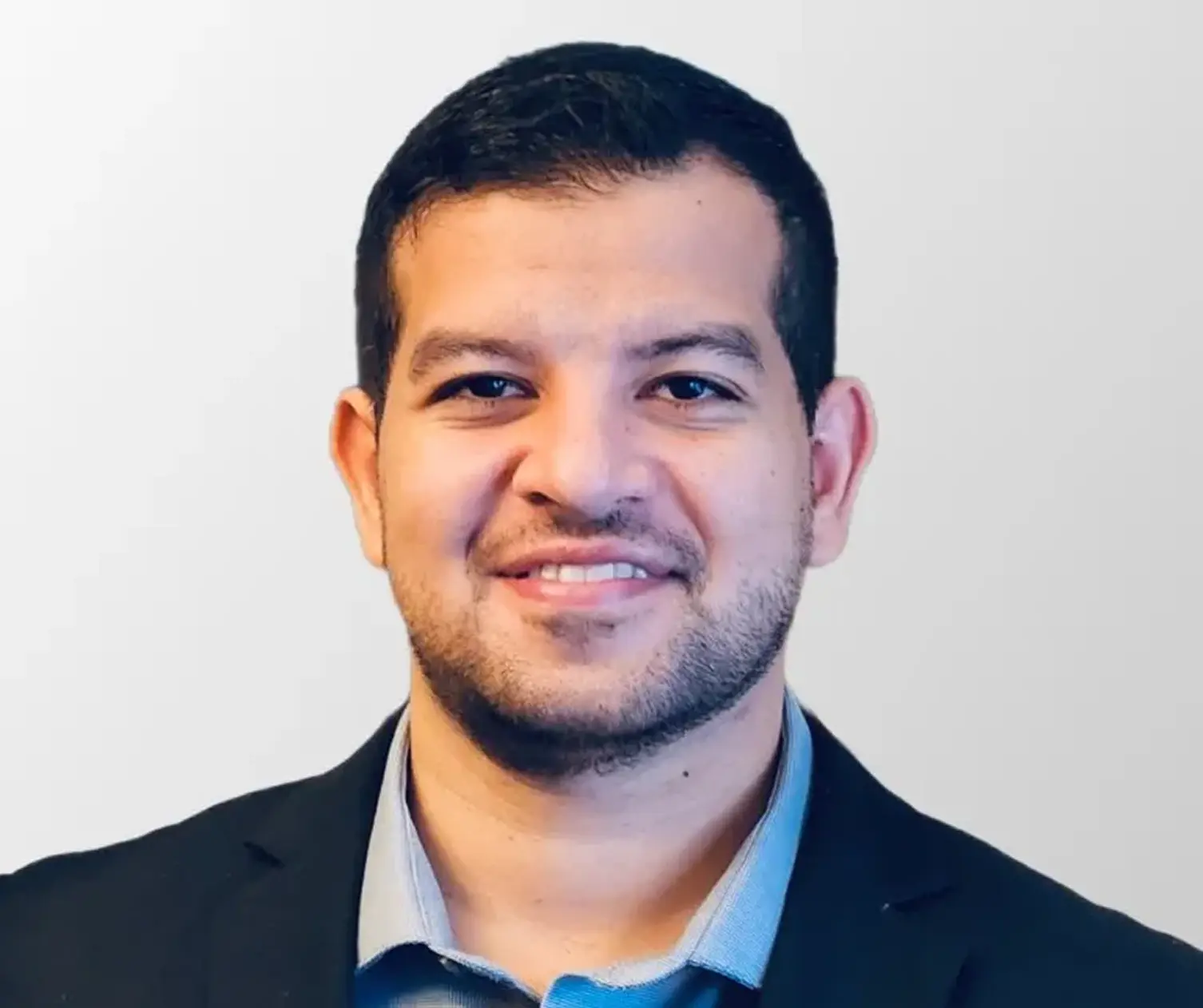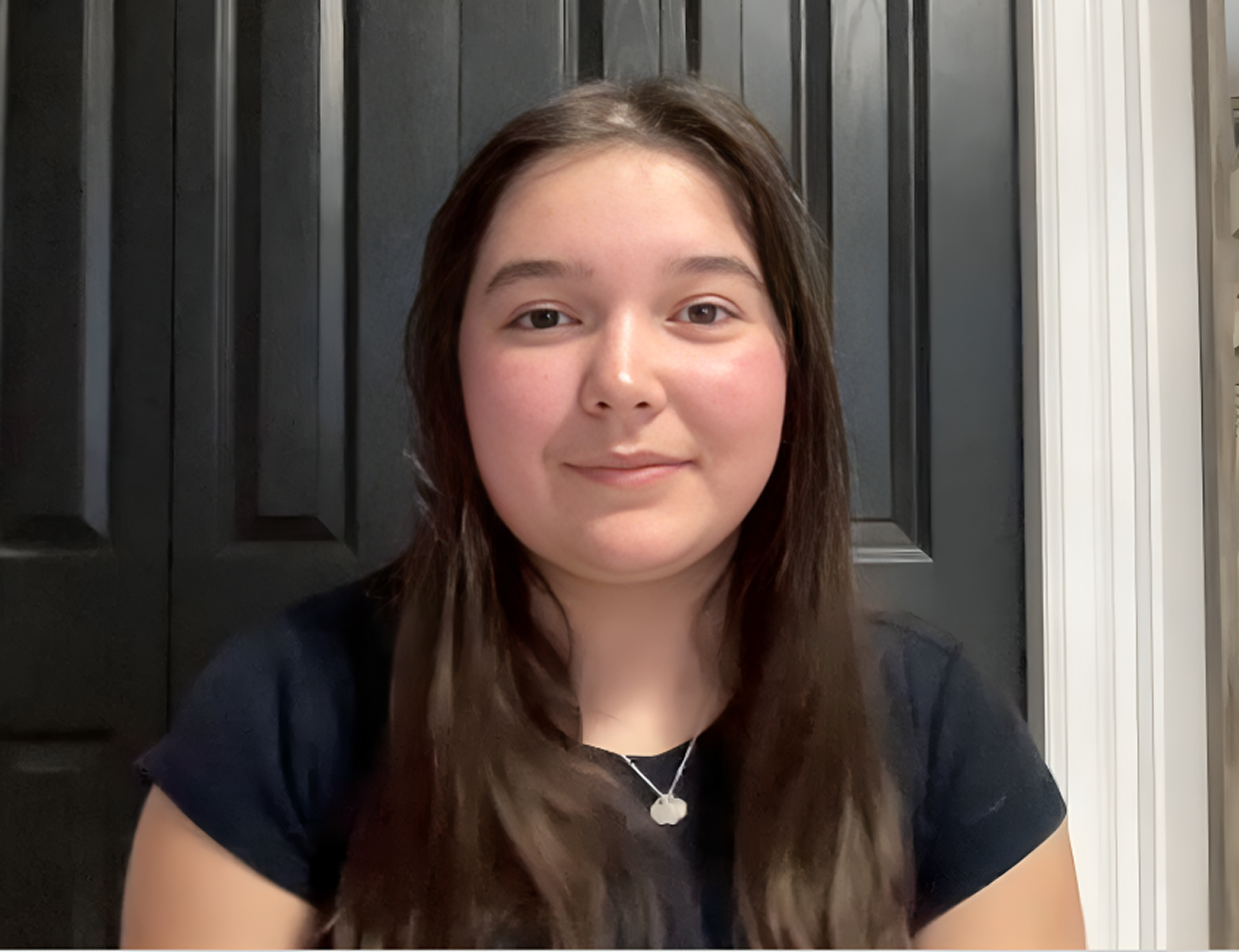
What is deep work? It is a concept developed by Cal Newport that means focusing without distraction on a difficult task. In our distraction-filled world, this skill is rare and valuable. This article explains what deep work is, how it stands apart from shallow work, and why it matters. You’ll also learn about its benefits, strategies to incorporate it, and tips to overcome challenges.
Key Takeaways
- Deep work involves intense, distraction-free focus on cognitively demanding tasks, resulting in increased productivity, creativity, and job satisfaction.
- Avoiding distractions and establishing clear routines and rituals are crucial for effectively engaging in and maintaining deep work sessions.
- Creating a balance between deep and shallow work, managing digital distractions, and setting clear goals can help sustain a deep work habit and optimize performance.
Understanding Deep Work

Deep work, a concept coined by Cal Newport, is defined as focusing without distraction on a cognitively demanding task. In today’s fast-paced, technology-driven society, the ability to concentrate deeply is becoming increasingly valuable yet rare. The modern workplace is filled with shallow tasks and interruptions that erode our capacity for sustained focus on a deep work task.
When we perform deep work, we:
- Stretch our cognitive capacities to their limits
- Boost productivity, creativity, and satisfaction
- Require effort, willpower, and the ability to focus without distraction for extended periods
- Experience rewards that are well worth it
- Immerse fully in important tasks
- Achieve our goals and make meaningful progress
Deep Work vs. Shallow Work
Cal Newport contrasts deep work with shallow work, defining the latter as logistical-style tasks that can be performed while distracted, such as answering emails or scheduling meetings. Shallow work does not require much cognitive effort and can be done in a state of partial attention, making it prevalent in the professional and personal life of many. While these tasks are necessary, they do not contribute significantly to our productivity or sense of accomplishment.
In contrast, deep work sessions promise enormous dividends in terms of productivity, employability, and happiness. The modern workplace, however, is often dominated by shallow tasks, making deep work increasingly rare. Greater professional and personal fulfillment can be achieved when we prioritize deep work and intensely focus on what truly matters.
The Benefits of Deep Work
The multitude of benefits that deep work offers includes:
- Improved concentration
- Increased productivity
- Tackling challenging tasks more effectively
- Accomplishing more in less time
When we focus intensely on one task, we can complete it more efficiently and with higher quality.
Not only does deep work boost productivity, but it also enhances creativity and innovation by paving the way for the brain to delve deeper into problems, undisturbed. It also improves memory and recall, making it easier to retain important information. Ultimately, deep work contributes to job satisfaction by challenging us to accomplish meaningful tasks, leading to a profound sense of happiness and purpose.
Avoiding Distractions
For deep work to be effective, avoiding distractions is paramount since interruptions can result in significant delays in task completion and loss of focus. In today’s distracted world, research shows that it can take up to 23 minutes to return to a task after being distracted. This cognitive residue hampers the quality of deep work and makes it harder to regain focus. By turning off notifications on devices and finding a quiet place to work, we can shut out distractions and maintain deep concentration.
Engaging regularly in deep work cultivates a sustained focus and a heightened ability to resist distractions. One of the core components and benefits of deep work is the circumvention of distractions, resulting in a more focused and productive working environment.
Rewiring Your Brain
When we engage in deep work, our brains can rewire for more efficient information processing and accelerated learning. By regularly practicing deep work, we:
- Cement learning pathways
- Strengthen neuron connections
- Enable faster firing
- Enhance cognitive capabilities
This leads to more efficient information processing and accelerated learning, as explained by a computer science professor.
This deliberate practice not only boosts productivity but also enhances our overall mental capabilities and cognitive resilience.
Achieving Flow State
The induction of a cognitive zone, known as the flow state, is facilitated by deep work; this state is characterized by effortless concentration and engagement in tasks. In this state, time seems to fly by, and productivity soars as we become fully immersed in our work. Achieving this flow state through deep work enhances creative thinking and problem-solving abilities, allowing for breakthroughs and innovative solutions.
Furthermore, the flow state can make our minds perceive the world as full of meaning and importance, leading to greater fulfillment. By prioritizing deep work and creating an environment conducive to flow, we can unlock our full potential and achieve focused success.
Principles of Deep Work
Several principles of deep work, crucial for mastering this practice, are outlined by Cal Newport. The first principle, ‘Work Deeply,’ involves setting up routines and rituals to minimize the amount of willpower necessary to transition into and maintain a state of unbroken concentration. By blocking out chunks of uninterrupted time and minimizing distractions, we can create an environment conducive to deep work.
Another critical principle is to embrace boredom. Newport argues that performing deep work requires a resistance to distractions and an acceptance of boredom, which enhances focus and facilitates entering flow states. Additionally, quitting social media is recommended to eliminate distractions and increase the quality of deep work. Recognizing crucial tasks and eliminating unproductive ones is also vital for effective deep work.
Some key principles for deep work include:
- Embracing boredom
- Resisting distractions
- Accepting boredom to enhance focus
- Quitting social media to eliminate distractions
- Recognizing crucial tasks and eliminating unproductive ones
By following these principles, you can improve the quality and effectiveness of your deep work.
Work Deeply
A state of unbroken concentration is maintained and distractions are minimized when one works deeply - this involves setting up routines and rituals. Focusing on one task for at least 90 minutes is essential to gain the full benefits of deep work. Creating a specific environment that aids focus and eliminates distractions is crucial for effective deep work sessions. This can include setting expectations with colleagues about availability and response times, as well as finding a quiet workspace.
There are multiple deep work philosophies to consider:
- The Rhythmic philosophy involves blocking out 1-4 hour chunks for deep work at the same time daily.
- The Journalistic philosophy fits deep work into any available time slot, requiring quick transitions between tasks.
- The Monastic philosophy involves completely eliminating or drastically reducing shallow work to focus on deep work.
- The Bimodal philosophy divides time between long stretches of deep work and other times for shallow work.
Embrace Boredom
Embracing boredom can trigger deep work and facilitate entering flow states for meaningful results. Newport emphasizes that performing deep work requires a resistance to distractions and an acceptance of boredom, which enhances focus. By avoiding constant stimulation, we strengthen our ability to focus intensely for longer periods.
Quit Social Media

Quitting social media, one of Newport’s principles, is a strategy to eliminate distractions and enhance the quality of deep work. Eliminating social media helps reduce the number of distractions that can hinder our ability to focus deeply on important tasks.
Quitting social media can lead to a substantial increase in the quality of our deep work, allowing for more productive and focused work sessions.
Implementing Deep Work in Your Routine
To incorporate deep work into your routine, you need to:
- Audit your work time expenditure
- Manage your schedule
- Integrate deep work by batching important tasks into long, uninterrupted blocks of time
- Track time spent on deep work vs. shallow work to better manage your schedule.
Strategies for practicing deep work include:
- Time blocking
- Fixed-schedule productivity
- Building consistency in deep work by committing to it daily
- Logging out of all communication tools for multiple hours daily
- Aim for 60-90 distraction-free minutes at a time to practice deep work
These strategies reinforce willpower, reduce decision making and multitasking, and help maximize the amount of deep work in a session.
It’s suggested to have deep work sessions in the morning when one is most energized and motivated.
Choosing a Deep Work Philosophy
Choosing a deep work philosophy, such as:
- Rhythmic
- Journalistic
- Monastic
- Bimodal
can help establish a routine that suits your work style. Time boxing involves scheduling specific blocks of time for deep work to ensure focused productivity.
Establishing a rhythmic philosophy involves blocking out 1-4 hour chunks for deep work at the same time daily. The recommended time for a deep work session can vary from one to four hours, depending on the chosen philosophy.
Creating Rituals for Deep Work

Creating rituals, such as setting a specific workspace and time, can signal the beginning of a deep work session and help maintain focus. Rituals can include:
- Physical preparations such as arranging your desk or having specific start times
- The brain retains associations, so rituals like cleaning your desk before working can signal focus time
- Lighting a candle or listening to certain music can help jumpstart concentration
Newport suggests building routines and rituals, such as a deep work routine, to minimize the friction in transitioning to deep work, which helps maintain focus. Crafting a ritual involves deciding where, when, and how you’ll work, and ensuring you have all necessary materials. This deliberate practice will condition your mind to enter deep work mode more efficiently.
Setting Clear Goals
Setting clear goals for each deep work session ensures that time is used effectively and purposefully. The brain is more engaged when it has a specific objective, yielding more tangible results. One of the most effective ways to stay motivated and maintain the habit of deep work over time is by setting clear goals. Setting clear goals can help provide direction and focus, increasing the likelihood of maintaining deep work habits in the long term. Psychologists found goal setting to be one of the most effective techniques for group performance, as it creates intrinsic motivation.
Clear goals help track progress and maintain motivation during deep work sessions. Using frameworks like SMART goals or OKRs can help track and sustain your deep work habit. Prioritizing tasks that align with long-term goals is essential for effective deep work. Deciding in advance what task to focus on during deep work sessions helps avoid multitasking.
Overcoming Challenges in Deep Work
To overcome challenges in deep work, you need to strike a balance between deep and shallow work, manage digital distractions, and establish boundaries. Prioritizing tasks can require significant time and effort when overwhelmed with work and life responsibilities. Clear team and business goals act as a compass, guiding decisions and clarifying task priorities.
It is crucial to regularly assess and adjust your approach to deep work to maintain its productivity and avoid burnout. This ongoing self-evaluation is vital for ensuring that deep work continues to yield beneficial outcomes without diminishing returns. One challenge in deep work is avoiding burnout from intense focus over long periods. The ‘busyness as a proxy for productivity’ mentality can hinder deep work, as it values visible activity over meaningful progress.
Balancing Deep and Shallow Work
A balance between deep and shallow work can be struck through adopting the following strategies:
- Fixed-schedule productivity: Set strict limits on working hours and focus on essential tasks.
- Batching tasks: Group similar tasks together to minimize context switching and increase efficiency.
- Setting clear boundaries: Establish boundaries between deep work and shallow work, and communicate them to colleagues and clients.
- Using a ‘hub-and-spoke’ office layout: Create communal areas for collaboration and isolated spaces for focused work.
By implementing these strategies, you can achieve a better balance between deep and shallow work.
Batching shallow tasks together can help prevent them from interrupting deep work sessions. Establishing clear boundaries between deep work and shallow work can minimize disruptions.
Managing Digital Distractions

To manage digital distractions, you should consider turning off notifications, scheduling specific times to check emails, and minimizing task switching. Turning off notifications and using Do Not Disturb mode can significantly reduce digital distractions. Attention residue, the leftover attention from previous tasks, can take up to 20 minutes to fade, making it crucial to minimize task switching.
By scheduling specific times to check emails and other communication tools, we can ensure that deep work sessions remain uninterrupted. This practice helps maintain a distraction-free concentration environment and fosters focused and productive work.
Developing a Deep Work Habit
To develop a deep work habit, you need to:
- Be consistent
- Start with shorter sessions (60- to 90-minute deep work sessions) to build stamina and focus
- Monitor performance
- Schedule time for recharging
Deep work involves logging out of communication tools during your deep work hours for multiple hours daily to maintain focus, following a deep work schedule.
Automatic time tracking is recommended for tracking deep work performance. Using an automatic time tracker can provide insight into the actual time different tasks take, helping to better define deep work sessions. This allows for a more realistic assessment of performance against deep work plans.
Scheduling time to recharge can help prevent burnout and make the deep work habit sustainable. Here are some strategies to consider:
- Disconnect fully from work
- Set clear boundaries
- Create a hard cut-off time for work each day
- Avoid work on the weekends
Deep breaks are designed to give a cognitive breather without introducing new distractions or stresses.
Summary
In summary, mastering deep work in a distracted world can significantly enhance productivity, creativity, and overall job satisfaction. By understanding the principles of deep work, differentiating it from shallow work, and implementing practical strategies, we can reclaim our focus and achieve more meaningful results.
Adopting a deep work routine, creating rituals, setting clear goals, and managing distractions are essential steps toward developing a deep work habit. With consistent practice, we can unlock our full cognitive potential and lead a more fulfilling professional life. Embrace the challenge, prioritize deep work, and transform your productivity in this increasingly distracted world.
FAQs
Deep work is the ability to focus without distraction on a cognitively demanding task. It's essential for increasing productivity, creativity, and job satisfaction because it allows you to engage deeply with complex problems and generate high-quality work. In a world filled with constant interruptions, mastering deep work can set you apart by enabling you to achieve more in less time.
Deep work requires focused attention on challenging tasks that push your cognitive abilities to their limits, leading to significant progress and achievement. In contrast, shallow work involves simple, easily distracted tasks like responding to emails or scheduling meetings. These tasks do not require much mental effort and can often be done while multitasking. Embrace deep work to maximize your productivity and sense of accomplishment.
Deep work offers numerous benefits such as improved concentration, increased productivity, enhanced creativity, better memory, and higher job satisfaction. These advantages can significantly impact both your professional and personal life. By focusing deeply, you can complete tasks more efficiently, produce higher-quality work, and experience a greater sense of fulfillment and purpose.
To avoid distractions during deep work sessions, try turning off notifications on your devices, finding a quiet place to work, and engaging in regular deep work to cultivate sustained focus. Additionally, setting clear boundaries with colleagues and family members about your availability can help you maintain uninterrupted work time. This will help you stay on track and maximize your productivity.
To implement deep work in your routine, you can audit your time to identify periods suitable for deep work, manage your schedule to prioritize important tasks, create rituals that signal the start of deep work sessions, and set clear goals to maintain focus. Managing digital distractions by logging out of communication tools and batching important tasks into uninterrupted blocks of time are also effective strategies. Consistently practicing these habits will help you develop a sustainable deep work routine.
Measuring the effectiveness of your deep work sessions can be done by tracking the amount of time spent on deep work versus shallow work and assessing the quality of the output produced. You can use tools like time trackers or productivity journals to monitor your progress. Reflecting on your accomplishments at the end of each session can also provide insights into how well you are utilizing your deep work time and areas for improvement. Regularly evaluating your performance will help you fine-tune your approach and maximize the benefits of deep work.














































































